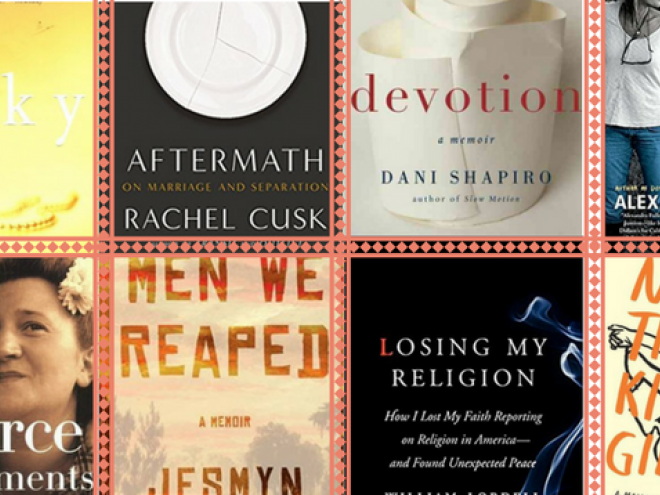Neither Holocaust narrative in the style of Elie Wiesel’s Night nor Jewish Bildungsroman (Chaim Potok’s The Chosen comes quickly to mind), Wilhelm Dichter’s two-part novelistic memoir God’s Horse and The Atheist’s School bridges the two tropes with a highly detailed and occasionally tender account of the author’s harrowing escape from Nazi persecution and subsequent upbringing under Soviet rule in postwar Warsaw.
An inveterate doodler as a boy, the adult Dichter traces for us a series of curlicues through his young life in the tradition of James Joyce’s Stephen Daedalus and Potok’s Reuven Malter, from comfortable beginnings as an only child in a Jewish enclave in rural Poland, through a lonely, peripatetic childhood, and into a searching young adulthood in which the merits of Communism and Judaism often clash.
Despite, and in a way, perhaps because of, the trauma of war, Dichter recalls all the minutiae of his youth — meals, conversations, and furniture, to name a few — with a remarkable facility, recounting precise portions served, Soviet leaders alternately praised and excoriated, and beds slept both on and under, with a photographer’s precision. Not that all of these photographs endure equally; in Dichter’s experience, and because of his fertile imagination, memories and dreams can’t help but bleed into and commingle with everyday life. A trip to the butcher shop becomes a terrifying retreat from German soldiers on horseback, tenses change unpredictably between past and present, and persons living and dead engage one another in dialogue. Even the prose itself has a photographic quality, where scenes, rendered and translated faithfully by Madeline G. Levine in spare, delicate prose, are separated with double-spacing. It’s as if each memory, like the young, friend-less, sibling-less narrator who frequently finds himself a passenger on someone else’s train, would prefer to stand alone, if only there weren’t so many other memories infringing on its space.




